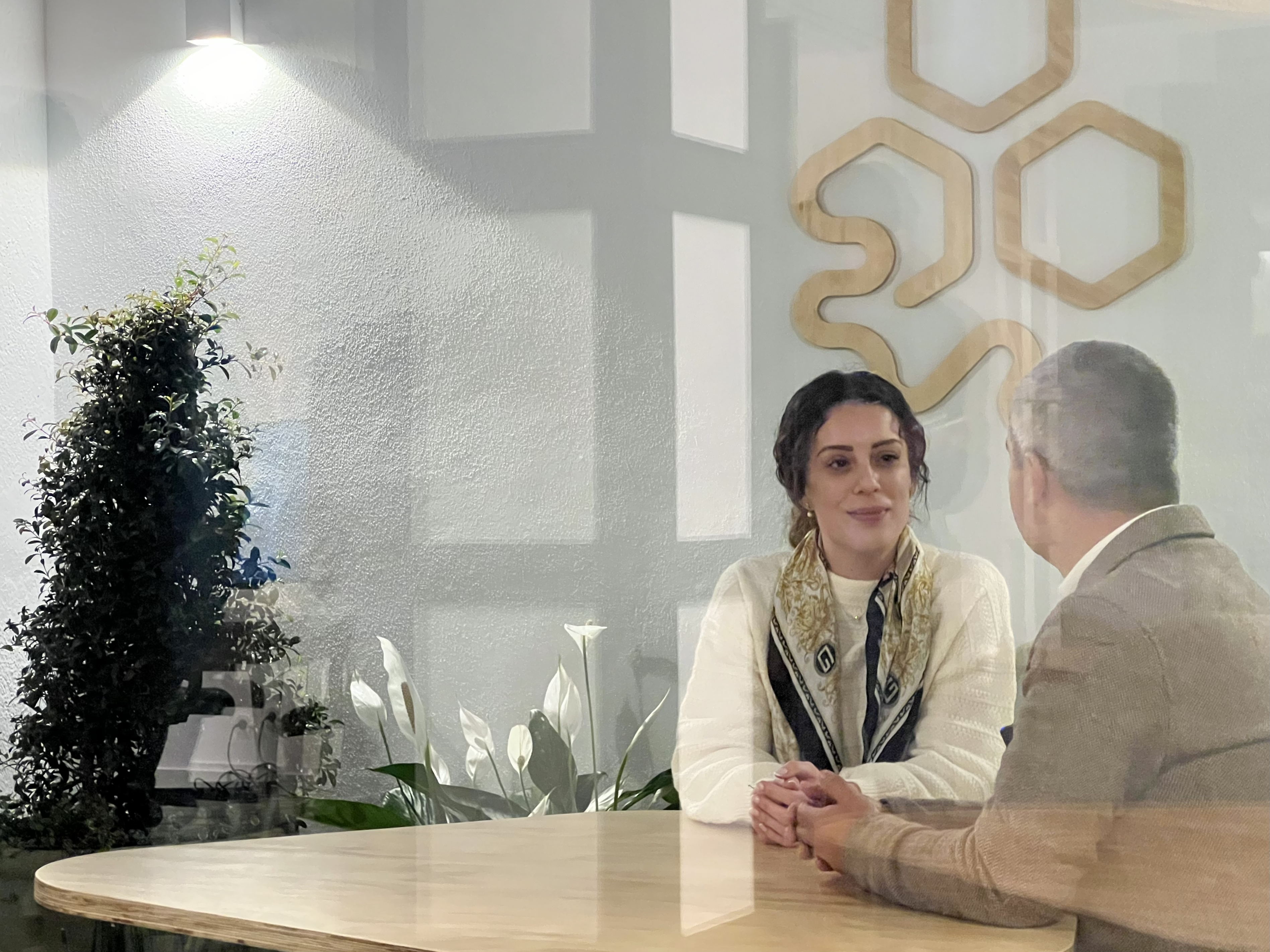Genalguacil, a village of 471 inhabitants in the Valle de Genal, in the middle of Andalucía, Spain’s southernmost region, lies at the very margins of Europe. It is one of the “white villages”, renowned for their whitewashed walls and listed as one of the most beautiful villages of Spain, yet over the last 60 years it has lost two thirds of its population.
Since 1994, the municipality has been struggling against this trend by commissioning public artworks to populate the entire village and attract forms of tourism more sustainable than the Costa del Sol’s mass tourism, with all its disastrous side effects. The village has made contemporary art, tradition, culture and nature fundamental pillars for its development and transformation, as well as a growth model that generates opportunities and values for the residents of the town.
Its biennial art event, Encuentros de Arte, founded in 1994, achieved widespread recognition and led to the founding a decade later of the Genalguacil Pueblo Museo which has garnered national awards and international notices for many aspects of its operations, notably best practices, innovations and advancing sustainability through culture. As these institutions have become more professional, Genalguacil’s reputation as a cultural destination has countered the depopulation trend and demonstrated to the regional population that values driven cultural engagement is a vital future oriented strategy.
Genalguacil has reconceived itself — and not just as a success story, though it certainly is one. The village now operates as a pilot — an open model for exploring how a local, rural economy can foster new artistic and cultural capacities in ways that transform it into a hub for sustainable innovation. ‘Encuentros de Innovacion’ are grounded in an approach that connects art, tradition, culture and nature.
It places local knowledge at the heart of reframing innovation, co-creating processes to unlock local knowledge, foster confidence and ambition for collective entrepreneurial action. ‘Encuentros de Innovacion’ is a partnership with FAMP, who lead the Andalucía Green-Deal Committee — providing the territorial roadmap for the Green Deal in Andalusia with more than 80 members including city councils, provincial councils and private sector companies, focusing their action on energy efficiency and circular economy, digitization and sustainability. This partnership connects with citizens at a local level and policy makers at a local, regional and national level.
The PACESETTERS pilot project in Genalguacil will focus on a rural innovation hub in order to explore, recreate and renew the many relationships between art, nature and cultural heritage in the face of the climate transition. The Genalguacil lab conducts a series of experiments referring to case studies bundled as ‘Decentralised Architectures’. The Genalguacil Real-world laboratory will create ‘puntos de encuentros’ — driven by art and design practices to co-create a collective learning by doing spaces — the spaces focus on learning as process of unlocking and combining knowledge for innovation they are temporary and distributed.
The ‘puntos de encuentros’ shall include civil servants, neighbours and creative practitioners accompanied by cross-discipline researchers. Bringing together activities and artefacts to interrelate and disrupt heritage and territorial expertise with new technologies and art and design practices. The lab directly relates to the three elements of Decentralised Architectures and does so by exploring the why and how of making avant-garde business ideas through the needs of the practices of everyday life. The Genalguacil Real-world laboratory connects at community and territory level to foster ambitions for new approaches to entrepreneurship while supporting policy makers in renewing regulation frameworks for innovation. In addition, making visible the role of rural regions — as a catalyst for reframing the innovation narrative for the tripe transition.

